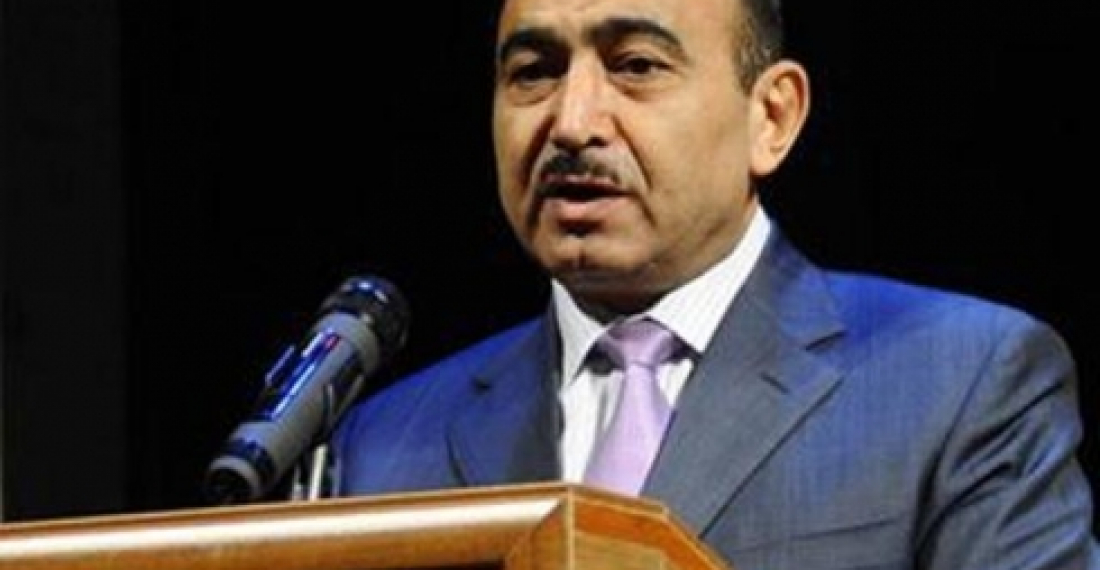Azerbaijan has reacted sharply to Iranian accusations that it was involved in the killing of one of its nuclear scientists. On Sunday the Iranian Foreign Ministry summoned the Azerbaijani Ambassador and delivered to him a protest note complaining of this and other issues. In a comment yesterday, the Head of the Political Affairs department of the Azerbaijani Presidential Administration, Ali Hasanov, dismissed the accusations as groundless.
In a comment to APA, Hasanov said Azerbaijan was taking the interests of neighbour countries into consideration while pursuing its foreign policy and working together with different foreign organizations. "Azerbaijan has no links with any terrorist organization. This statement made by Iran has no grounds. It is not known why they accuse Azerbaijan. Azerbaijani borders with the foreign countries are working in normally. The citizens of all countries can travel to Azerbaijan and live here normally, as any other open and democratic country. Iran must be careful in its relations with its neighbouriong countries and act in accordance with the bilateral relations".
Hasanov noted that the regional processes have an impact on Azerbaijan too. "Tensions between Iran and Europe and the US will also affect Azerbaijan. The conflict in the region will have an impact on the relations of Azerbaijan with the neighbouring countries". Iran accuses Azerbaijan of providing Israeli intelligence service with conditions to work in its territory and terrorists suspected in the assassination of the Iranian nuclear scientists with the conditions to enter and leave this country.
source: commonspace.eu with APA and IRNA
photo: Head of the Azerbaijan Presidential Administration Department of Public Policy, Ali Hassanov (archive photo)







